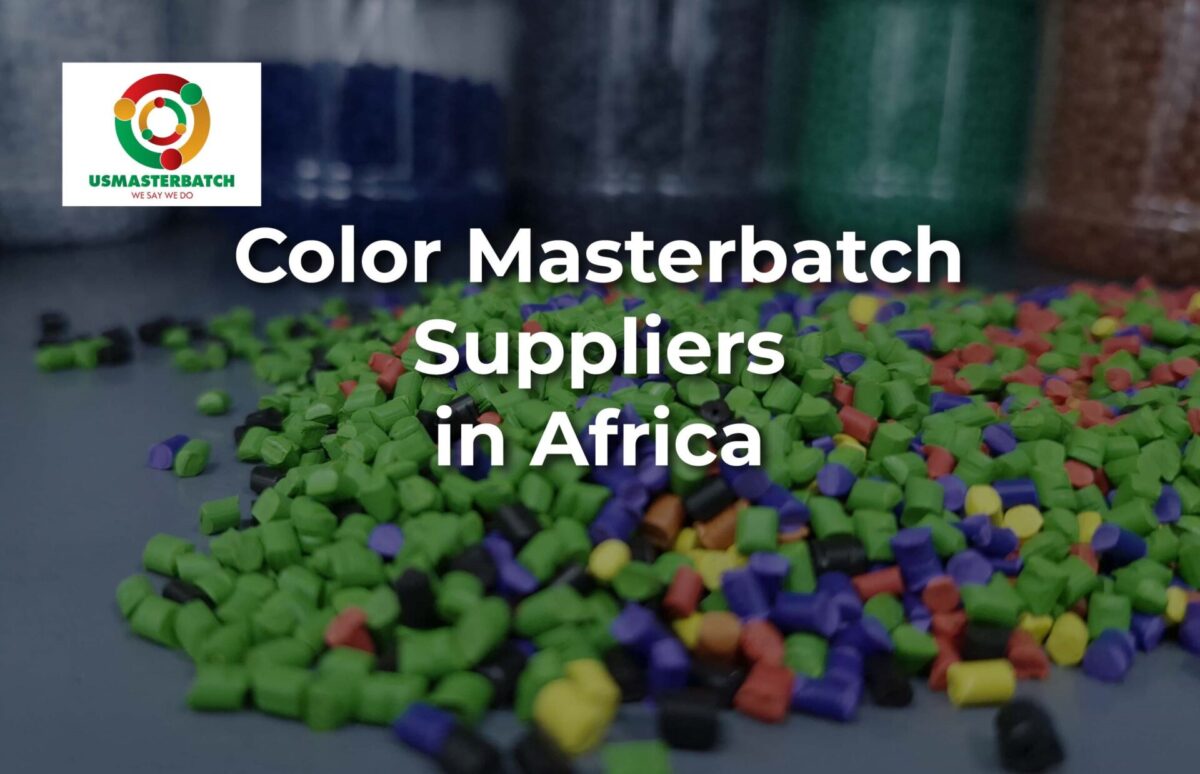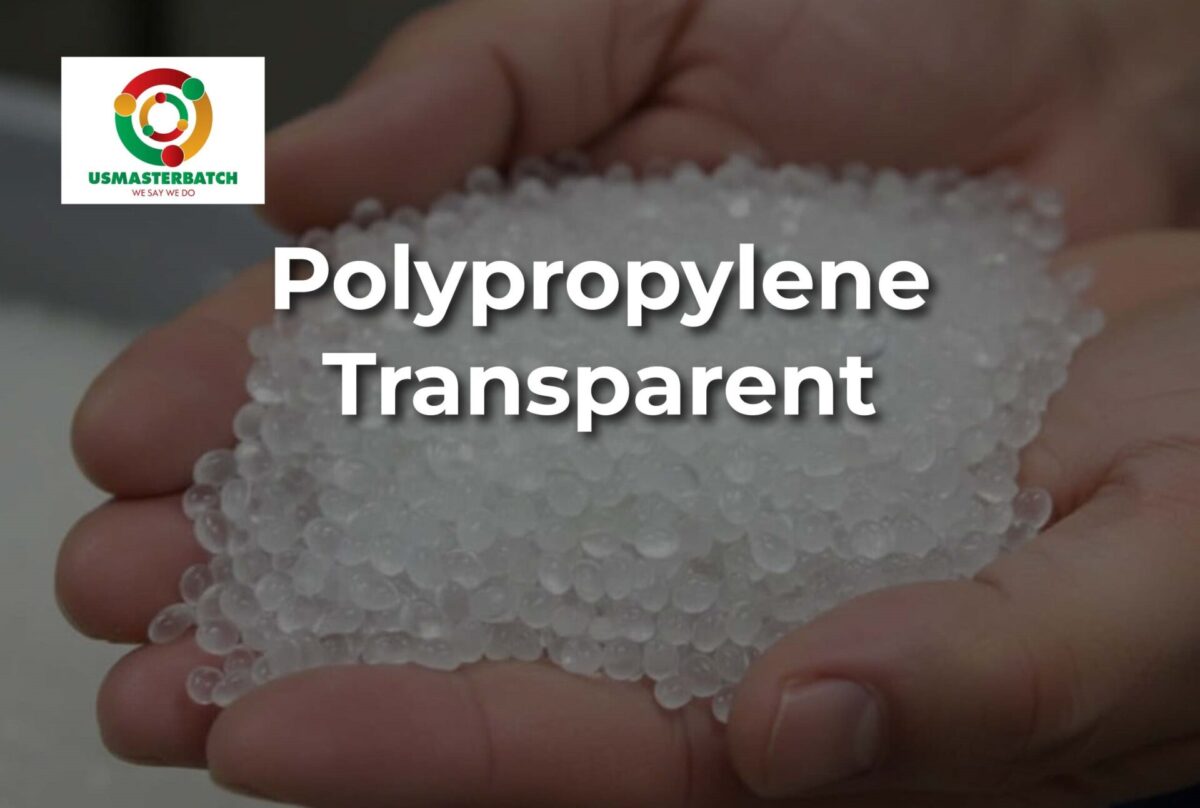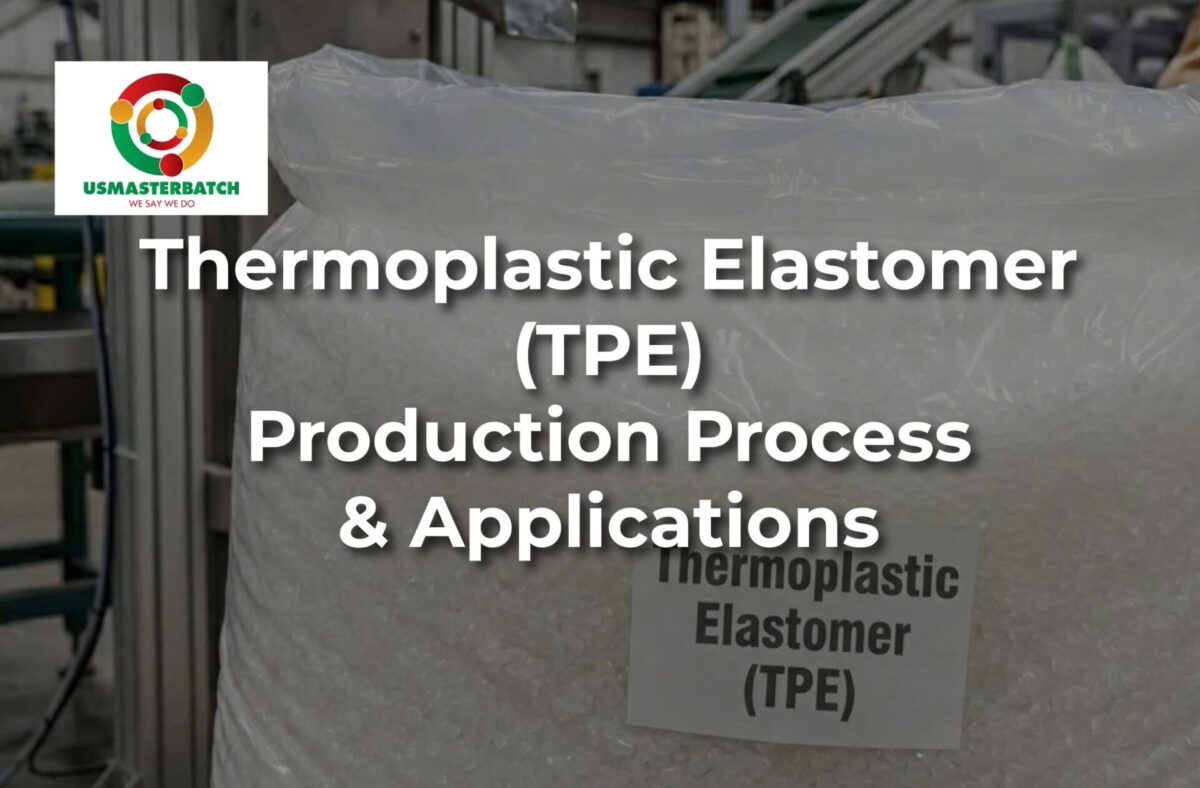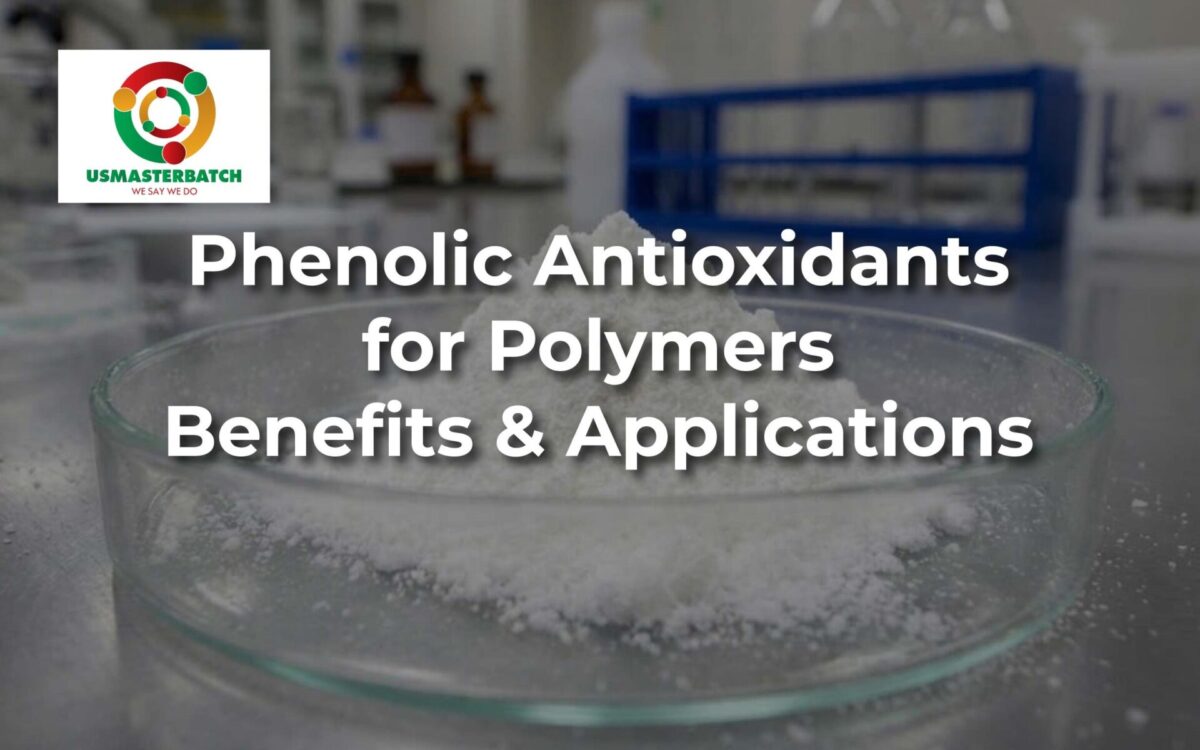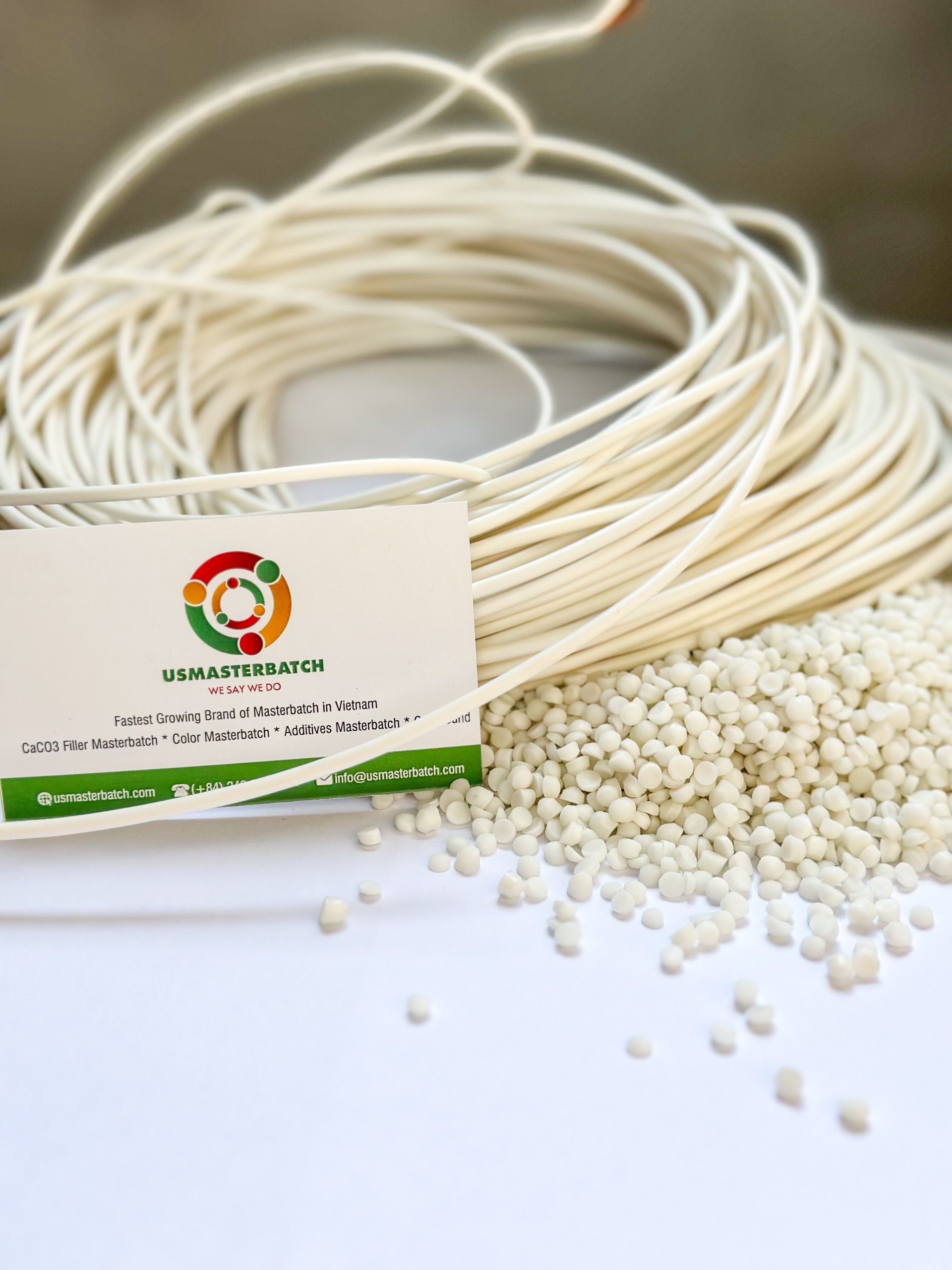
Safeguarding Industrial Practices: A Deep Dive Into Pvc Compound Msds
1. Introduction:
In the vast landscape of industrial production and consumption, ensuring the safety of workers, protecting the environment, and complying with regulatory standards are paramount concerns. Within this context, the Material Safety Data Sheet (MSDS) emerges as a critical document, providing essential information regarding the properties, hazards, and safe handling practices of various chemical substances. Among these substances, Polyvinyl Chloride (PVC) compounds occupy a significant position due to their widespread applications across diverse industries. PVC compound suppliers delves into the multifaceted significance of PVC Compound MSDS, elucidating its role in promoting safety, regulatory compliance, and environmental stewardship within industrial supply chains.
Understanding the Importance of PVC Compound MSDS:
1.1. Comprehensive Safety Information:
At the heart of every MSDS especially MSDS PVC compound lies a wealth of safety-related data crucial for informed decision-making and risk mitigation. For PVC compounds, this information encompasses a wide array of details, including physical and chemical properties, potential hazards, exposure limits, and recommended safety precautions. Whether it’s understanding the flammability characteristics of a specific PVC formulation or identifying the appropriate personal protective equipment (PPE) for handling procedures, the MSDS PVC compound serves as a comprehensive guide, equipping users with the knowledge needed to navigate potential risks safely.
1.2. Regulatory Compliance:
In today’s regulatory landscape, adherence to safety standards and compliance mandates is non-negotiable. For PVC compound suppliers, ensuring that MSDS PVC compound align with regulatory frameworks such as the Occupational Safety and Health Administration (OSHA) Hazard Communication Standard (HCS) and the European Union’s REACH (Registration, Evaluation, Authorization, and Restriction of Chemicals) regulation is imperative. PVC compound suppliers provide accurate and up-to-date information on PVC compound composition, hazards, and safe handling practices, PVC compound MSDS not only facilitate compliance but also mitigate legal liabilities and foster trust among stakeholders.
1.3. Emergency Preparedness:
Accidents and emergencies are an unfortunate reality in industrial settings, necessitating PVC compound suppliers prepared and swift response mechanisms. Herein lies the invaluable utility of MSDS PVC compound, which offer clear and concise guidance on emergency procedures, including spill containment, first aid measures, and proper disposal protocols. Whether it’s a minor spill in a manufacturing facility or a more significant incident requiring evacuation and specialized cleanup procedures, the PVC compound MSDS serves as a beacon of knowledge, enabling prompt and effective response to mitigate the impact of unforeseen events.
1.4. Environmental Responsibility:
PVC compound supplier need to understand that beyond considerations of human health and safety, MSDS PVC compound also address the environmental implications of PVC compound usage. By providing insights into the ecological impact of PVC compounds and prescribing best practices for handling, storage, and disposal, MSDS play a crucial role in fostering environmental stewardship. Whether it’s minimizing emissions during PVC processing or implementing recycling initiatives to reduce waste, the PVC compound MSDS serves as a blueprint for sustainable practices that mitigate the environmental footprint of PVC compounds.

2. Navigating PVC Compound MSDS Effectively:
2.1 Accessibility and Transparency:
As a PVC compound supplier, ensuring the accessibility and transparency of MSDS for your products is paramount. Make PVC Compound MSDS readily available to customers through multiple channels, including online portals, product packaging, and documentation. Furthermore, strive for transparency by providing clear and concise information that is easily comprehensible to users of varying technical backgrounds.
2.2. Comprehensive Content:
PVC compound supplier need to prepare PVC Compound MSDS that should encompass a breadth of information pertinent to PVC compound safety well. Include detailed data on chemical composition, physical properties, toxicity levels, exposure limits, and recommended safety precautions. Additionally, provide clear guidance on handling procedures, storage requirements, and emergency response protocols to empower users with the knowledge they need to ensure safe practices.
2.3. Education and Training:
Recognize the importance of educating consumers on the significance of MSDS and how to interpret its contents effectively. Offer training sessions or resources to help users navigate MSDS and implement recommended safety measures in their respective facilities. By fostering a culture of continuous learning and awareness, PVC compound supplier can empower consumers to prioritize safety and compliance throughout the PVC compound lifecycle.
2.4. Collaborative Engagement:
Cultivate open communication channels between PVC compound supplier and consumers regarding MSDS-related inquiries or concerns. Encourage feedback and collaboration to address any uncertainties or specific requirements. By fostering a collaborative approach to safety, PVC compound supplier and consumers can work together to ensure mutual understanding and compliance, thereby enhancing the overall efficacy of PVC Compound MSDS implementation within industrial supply chains.
2.5. Continuous Improvement:
Embrace a mindset of continuous improvement when it comes to PVC Compound MSDS management and dissemination. Solicit feedback from customers and stakeholders to identify areas for enhancement or clarification within PVC Compound MSDS documentation. Stay abreast of evolving regulatory standards and industry best practices to ensure that MSDS remain accurate, relevant, and compliant in the ever-evolving landscape of PVC compound utilization.
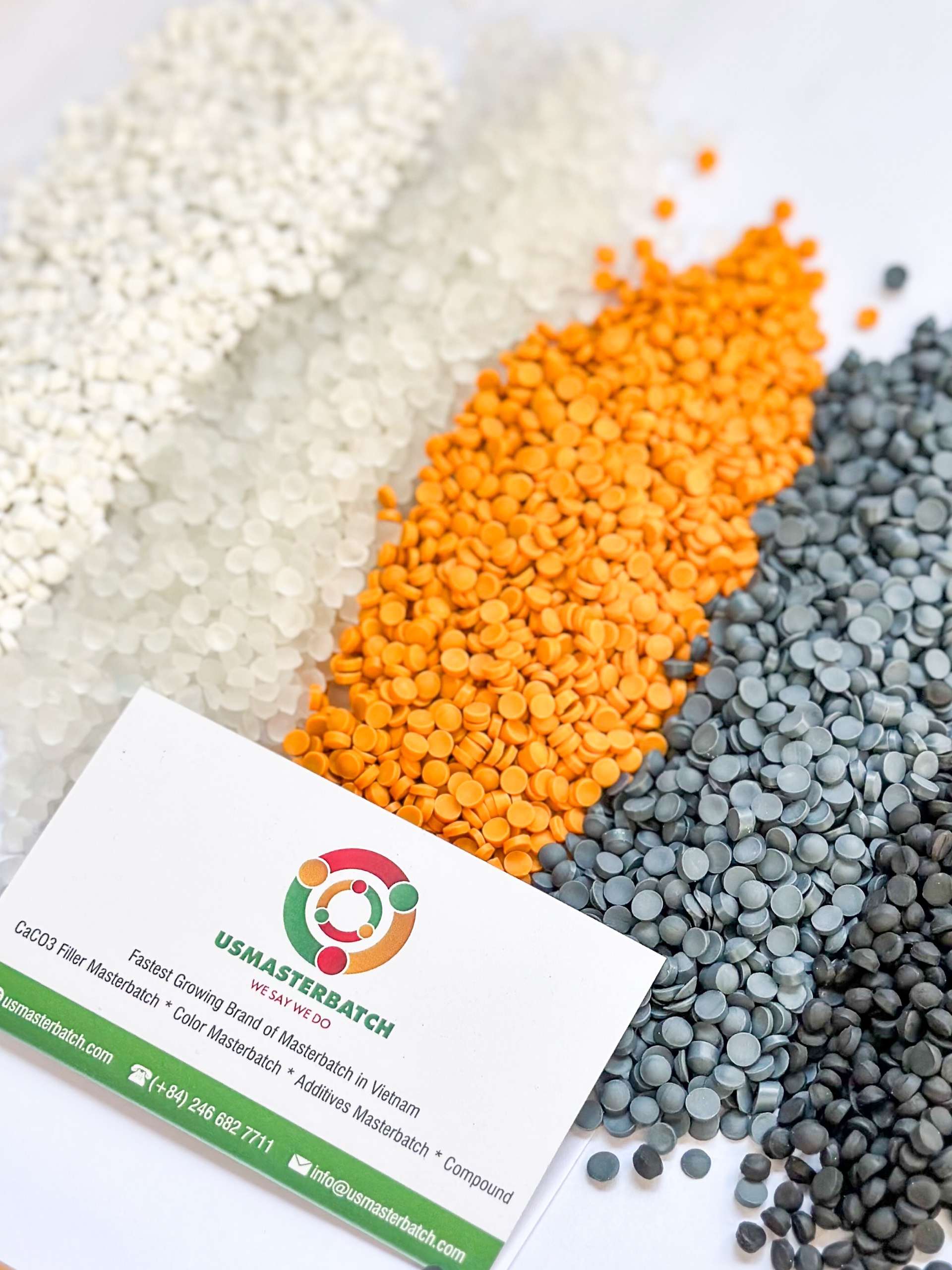
3. Case Studies and Best Practices:
3.1. Case Study: PVC Compound Supplier XYZ
XYZ is a leading PVC compound supplier to various industries globally. Recognizing the importance of safety and compliance, XYZ has implemented robust practices for managing and disseminating PVC Compound MSDS to its customers. They maintain an online portal where customers can access MSDS for all their products conveniently. Additionally, XYZ conducts regular training sessions to educate customers on the safe handling and storage of PVC compounds, emphasizing the importance of PVC Compound MSDS in ensuring workplace safety.
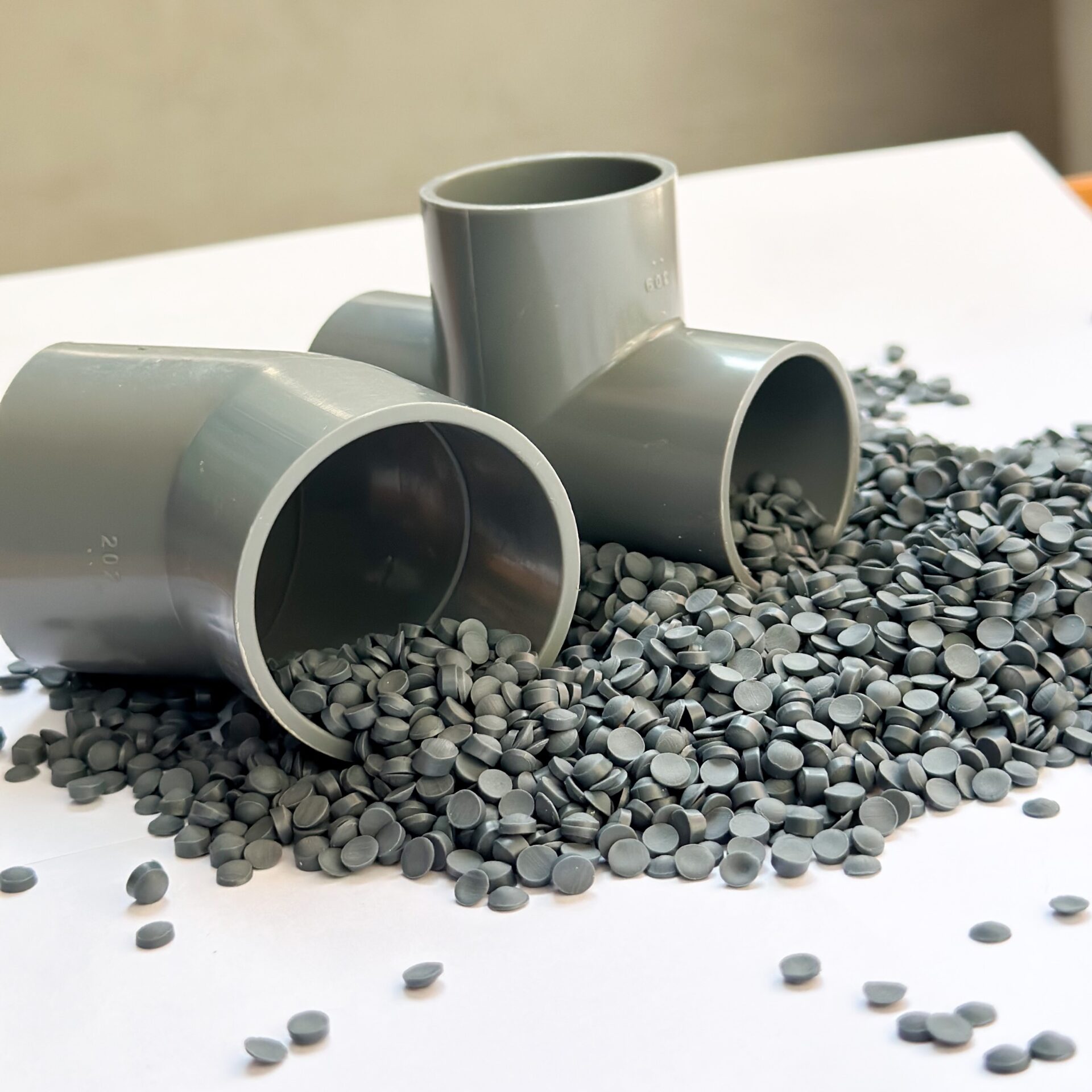
3.2.Best Practice: Continuous Improvement Initiatives
Several PVC compound suppliers have adopted proactive measures to enhance the effectiveness of their MSDS. This includes conducting regular reviews of PVC Compound MSDS content to ensure accuracy and relevance, incorporating feedback from customers and regulatory authorities, and staying abreast of emerging trends and developments in PVC compound safety. By embracing a culture of continuous improvement, these PVC compound supplier demonstrate their commitment to upholding the highest standards of safety, compliance, and environmental responsibility.
4. Conclusion:
In conclusion, the significance of PVC Compound MSDS in industrial supply chains cannot be overstated. From providing comprehensive safety information to facilitating regulatory compliance and promoting environmental stewardship, PVC Compound MSDS serve as invaluable tools for ensuring the safe and responsible utilization of PVC compounds. By embracing principles of accessibility, transparency, education, collaboration, and continuous improvement, stakeholders across industrial supply chains and PVC compound supplier can navigate the complexities of PVC Compound MSDS effectively, thereby safeguarding human health, protecting the environment, and ensuring the integrity of supply chain operations for generations to come.

